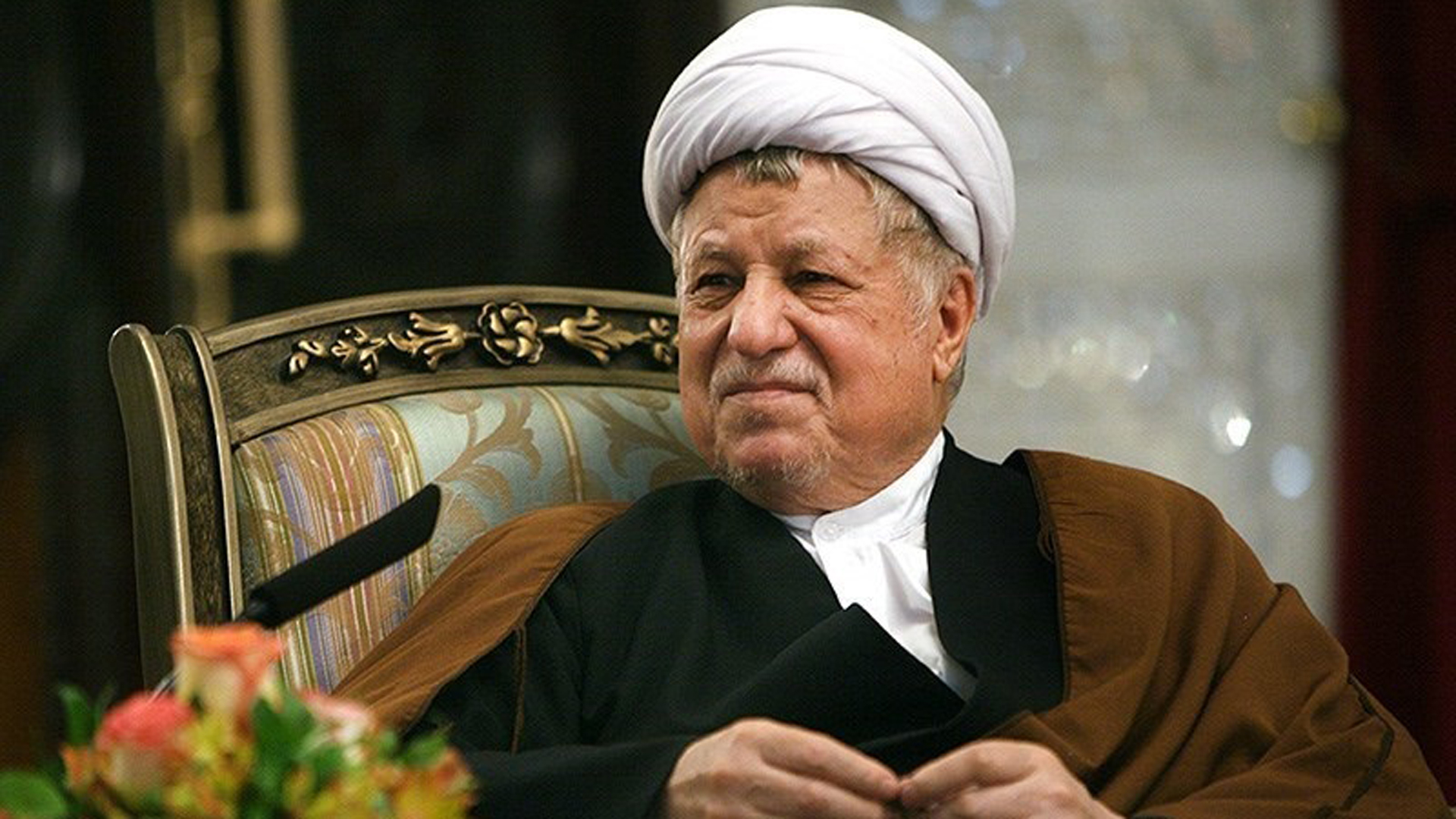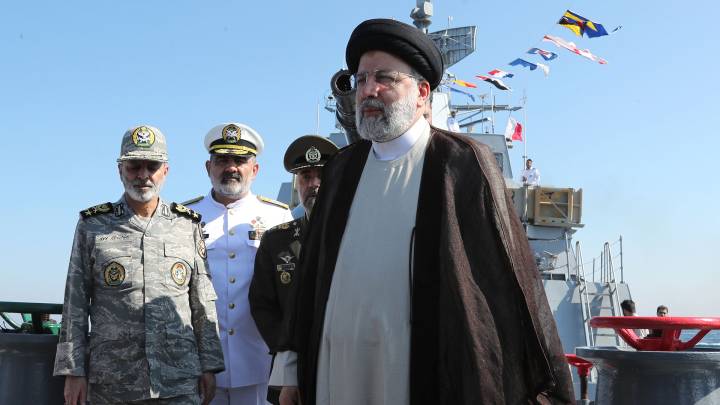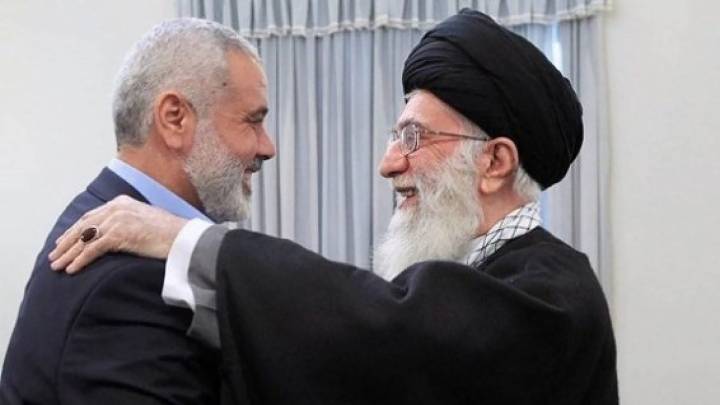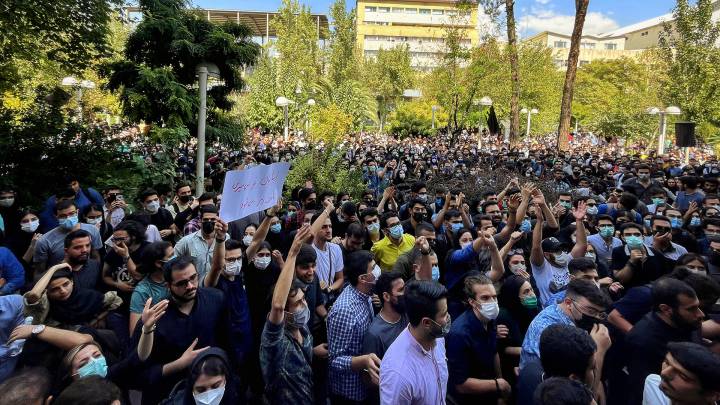A heavyweight of Iranian domestic politics and world affairs, former President Akbar Hashemi Rafsanjani died 8 January 2017. Amid a country’s grief, various factions and individuals may stand to benefit from a power shift, says Adnan Tabatabai.
zenith: What is going to change after the death of former Iranian President Akbar Hashemi Rafsanjani?
Adnan Tabatabai: First of all the Islamic Republic as a system, as a revolutionary state, loses one of its main pillars and architects. But the system of Iran is not in danger of becoming unstable. The Islamic Republic has lasted for almost 40 years and the state institutions are established and solid enough so that they can compensate for the loss of such a political heavyweight.
What is Rafsanjani’s legacy?
Some portray him as the key ideologue of reformism in Iran. But he is not the ideological godfather of reformism. He rather paved the way for reformism throughout his presidency in 1989-97. His government conducted a pragmatist and technocratic approach, both domestically and internationally. I would argue that his focus on pragmatism laid the foundation for a reform movement to take shape.
Thanks to his political weight he later backed the moderate factions of Iran’s political elite. But neither the reformists nor the moderates are losing a key strategist. This is something that is overstated in some reports about his death.
If not Rafsanjani, who is to be considered the ideological figure of reformism?
Thinkers like Abdolkarim Soroush and political strategists like Sa'id Hajjarian are to be named here – and of course Mohammad Khatami himself, who was president from 1997 until 2005, shaped reformism in Iran – with their very own political philosophy seeking to reconcile Islamic governance with democracy. Other clerics and politicians can be named here but I would not count Rafsanjani as one of them.
With regards to his political weight, what is important to know?
I believe there are three levels of his political influence that made him unique. The first one is the religious credentials he enjoyed among the highly influential clerics in the holy city of Qom. He was a respected clerical figure, which goes back to his years at the side of the founder of the Islamic Republic, Ayatollah Khomeini. So the clerical establishment was where Rafsanjani served as a guarantor and validator for the current administration of President Hassan Rouhani.
Secondly, he was held in high regards among big parts of the economic elite. As a technocrat-leaning figure, Rafsanjani could generate substantial backing from relevant economic players for the current administration. And finally, among the political elite of Iran Rafsanjani was also admired beyond factions.
Despite – or as a consequence of – his authority in those three fields, Rafsanjani had fierce opponents: radical reformists who did not like Rafsanjani as an architect of the rather authoritarian political system, and on the other side, the hardliners in the principlist camp that despised Rafsanjani because of his presumed wealth, his affinity to the West and his rather republican take on what the Islamic Republic actually stands for.
Despite all that, both camps respected him. He embodied an authority no one else does in the three levels described before. And that is the actual vacuum he leaves behind. So its not just for reformist or moderates, its a loss for the entire elite of the Islamic Republic that a main pillar with a high level of political and economic authority and high credentials among the clergy is no more.
Can you think of anyone who might fill the gap he has left behind?
I don't think so. No figure can walk on his path enjoying such authority among economists, clerics and political leaders at the same time. His authority was sui generis.
Nonetheless, President Rouhani is a politician of the type of Rafsanjani. He is a cleric, but he is much more of a politician as was Rafsanjani. Rouhani was an associate of Rafsanjani and a lot of the authority that Rafsanjani emanated may be transferred to Rouhani. But definitely not in the scope of Rafsanjani’s weight.
The other key figure on whom Rafsanjani had a lot of impact was Hassan Khomeini, the grandson of the founder of the revolution Ayatollah Khomeini. Hassan Khomeini is almost half the age of all the other clerical heavy weights and his future is of great interest to many inside and outside of Iran. Rafsanjani’s death will have implications for the role of Hassan Khomeini in the Islamic Republic’s future. What exactly that role will be will also depend on what is ascribed to him by other members of the elite.
Which impact will Rafsanjani’s death have on the political path of Rouhani?
Many opponents of Rouhani have been opposed to him because their actual political enemy was Rafsanjani. They did not want Rouhani - and therefore Rafsanjani – to be triumphant in economic policies and international relations. Now with Rafsanjani no longer alive, we may even see less pressure on the government because this great enemy is no longer there.
While many argue that the death of Rafsanjani will weaken the Rouhani administration I can imagine a scenario in which Rouhani is actually politically unburdened and therefore emboldened. He may himself grow into a more important figure and the pressures on him might in fact be less.
What developments are to be expected in domestic politics?
One important aspect too little attention is paid to is the interplay and rivalry between the holy cities of Qom and Mashad. Rafsanjani had a very strong role in linking Teheran, the political capital, to Qom, the religious capital. With him no longer being there, the dynamics between Qom and Mashad might change in the upcoming weeks and months. Every year Ayatollah Khamenei conducts his New Year's speech in Mashad, the city where he was born. Mashad is very important to the Supreme Leader and it will be interesting to see how the city's relationship with Teheran might change, and whether Mashad will gain further relevance.
Rafsanjani‘s death also affects the process of nominating the successor to Supreme Leader Khamenei. Here, too, the Qom-Mashad dynamics will be interesting to watch.
In the upcoming weeks and months one should keep track of how the opponents and companions of Rafsanjani are going to interact with each other. All the media outlets that were not in favour of Rafsanjani dedicated their front pages to him in a respectful manner and we can see a sense of collective mourning at the moment. In the following days, however, we will see how some actors will try to capitalise on this new situation. It is a critical point for Iran and the questions remains to what extent the current shared grief will be overcome and replaced by intensified political rivalry.
Adnan Tabatabai studied Middle Eastern politics at the University of London and teaches at the Heinrich-Heine University of Düsseldorf. As an analyst and expert on Iran, among others he consults for German ministries, political foundations, authors and journalists, among others. He is the CEO of CARPO (Centre of Applied Research in Partnership with the Orient) in Bonn.




